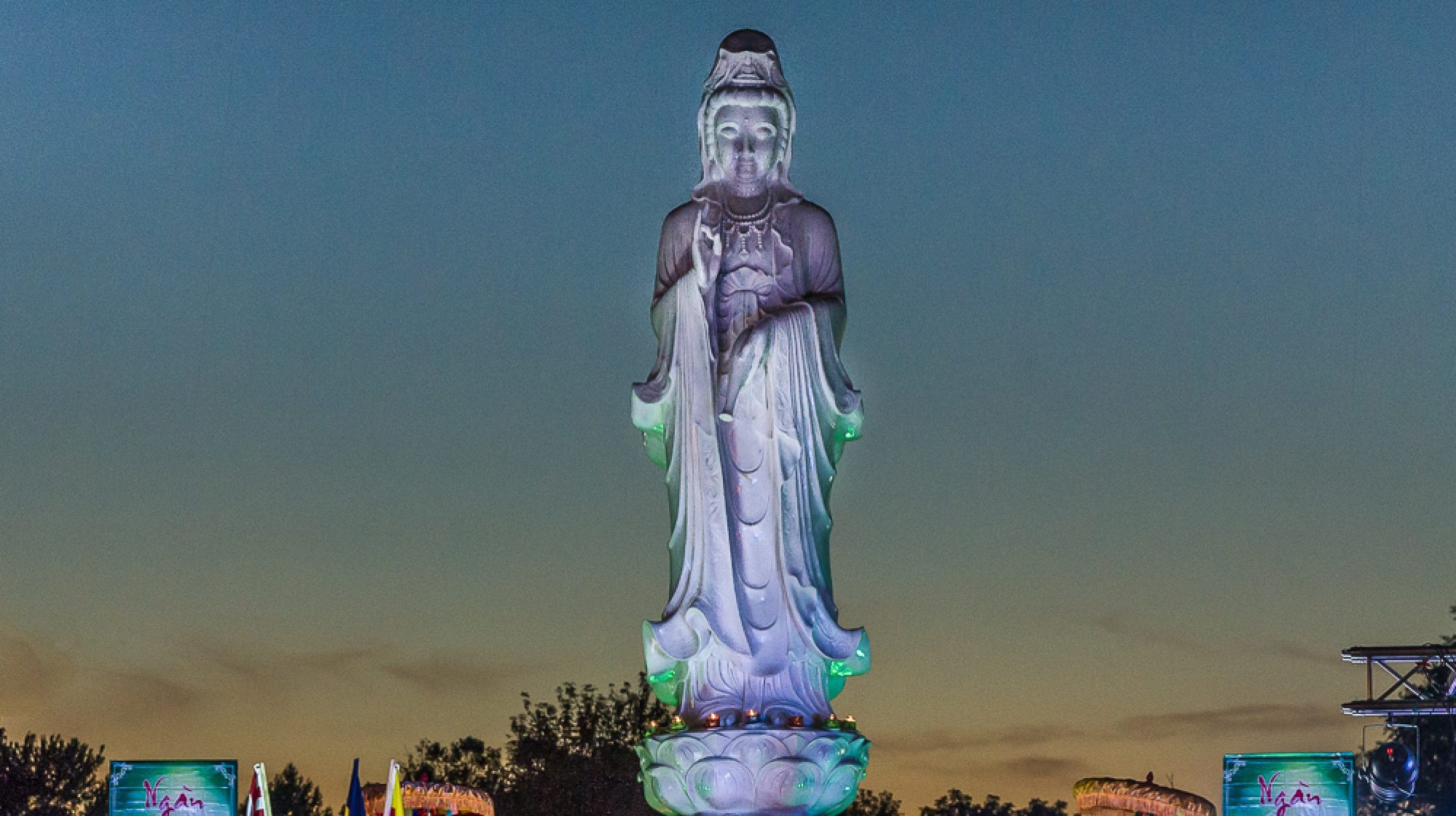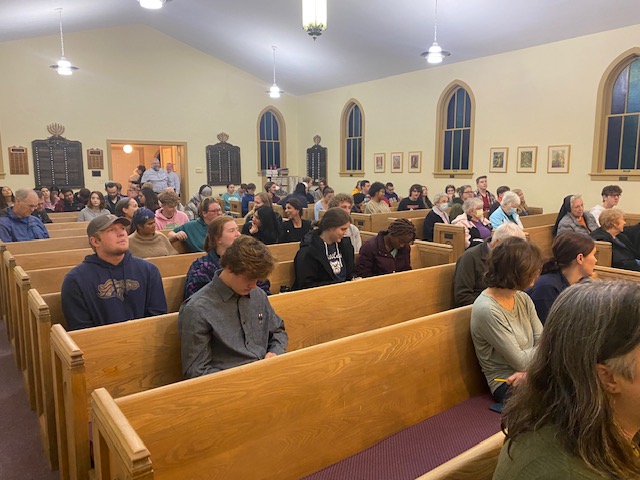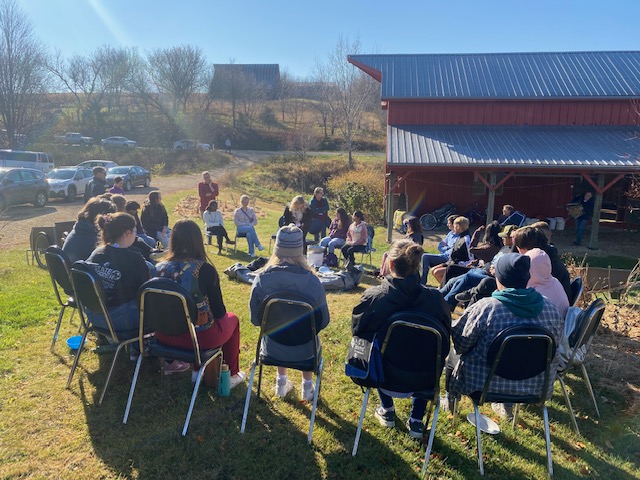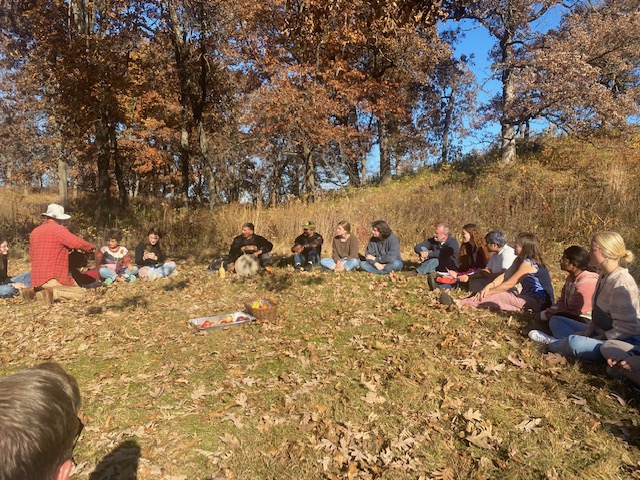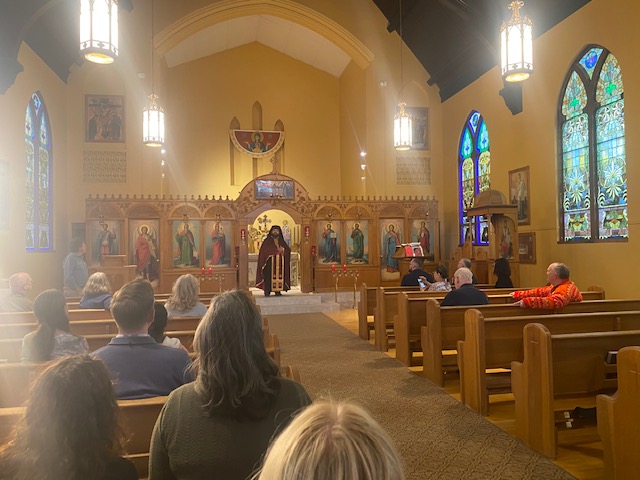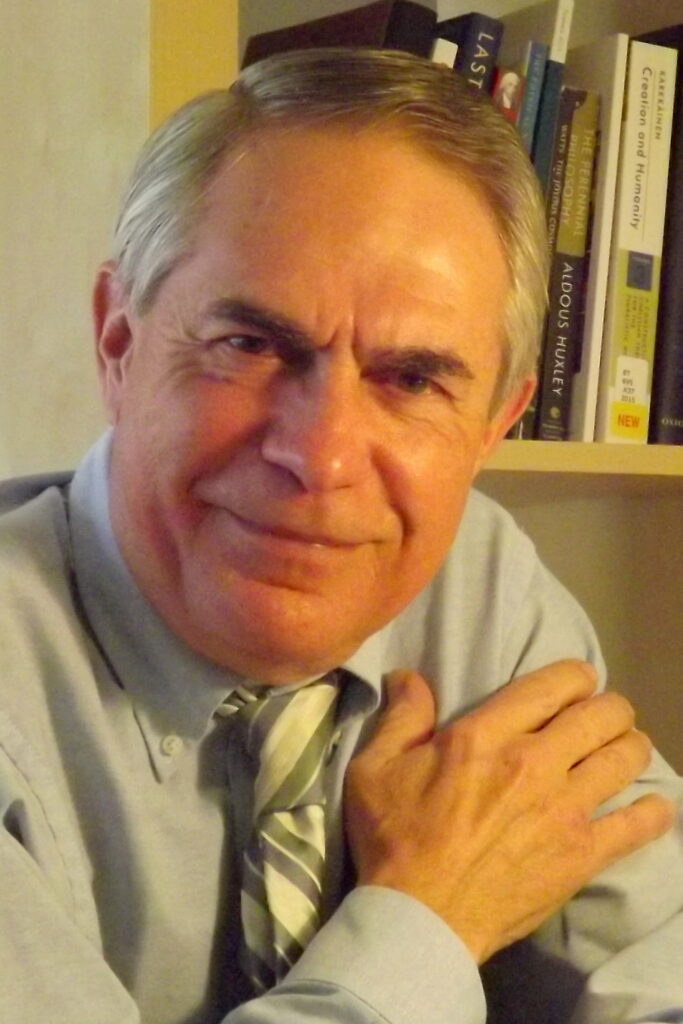On Sunday, December 4, members of the local Soka Gakkai International community (which practices Japanese Nichiren Buddhism) will visit to Drake University to speak about their religious faith and show how they practice it. The event, which will take place in the second-floor “Reading Room” in Cowles Library from 4:00 to 5:00 pm, will feature an introduction to Buddhism and a demonstration of how the local Soka Gakkai community conducts their meetings, especially their practice of chanting and their discussion of Buddhist study topics. Attendees are invited to participate or just to observe. This is the fourth “Meet My Religious Neighbor” event of the semester, most of which feature “religions without sites.” (MMRN is co-programmed by CultureALL, the Des Moines Area Religious Council, and Interfaith Alliance of Iowa.)
Below please find more information about the event from the local SGI community.
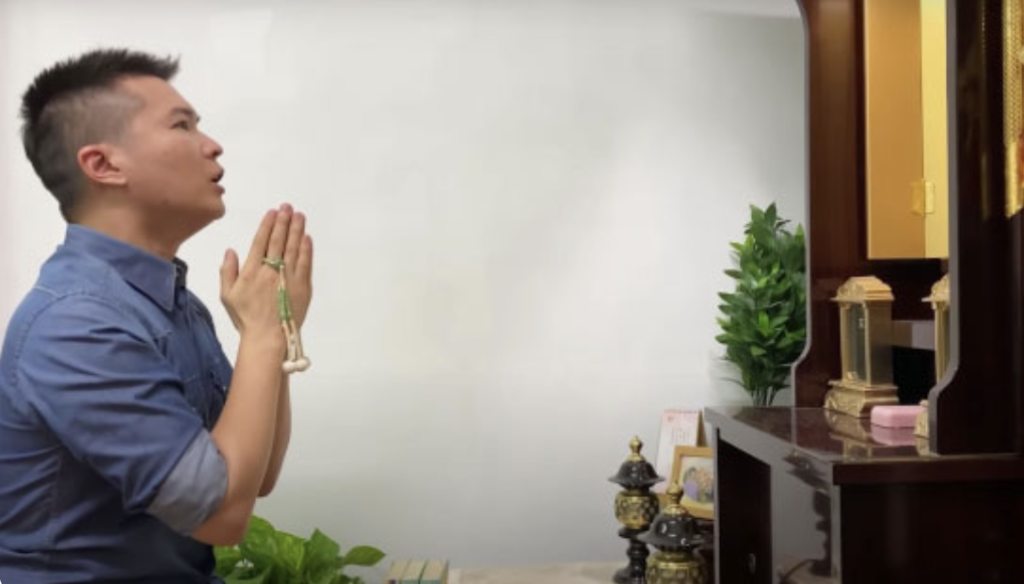
Who we are and how we gather
“The Soka Gakkai International-USA (SGI-USA) is part of a global community-based network of more than 11 million people in 192 countries and territories that practice the humanistic philosophy of NichirenBuddhism centered on respect for the dignity of life.
As members of the SGI, we are committed to dialogue and nonviolence based on the conviction that individual happiness and the realization of peace are inextricably linked.
The SGI-USA, the most diverse Buddhist community in the U.S, gathers monthly for small-scale discussion meetings where we study Buddhist principles and share our experiences of applying Nichiren Buddhism to the challenges of life.“ (Source:About Our Community – SGI USA (sgi-usa.org)
Representatives from the local SGI-USA will demonstrate how we hold our meetings, including chanting, an introduction to Buddhism, and open discussion of a Buddhist study topic.
